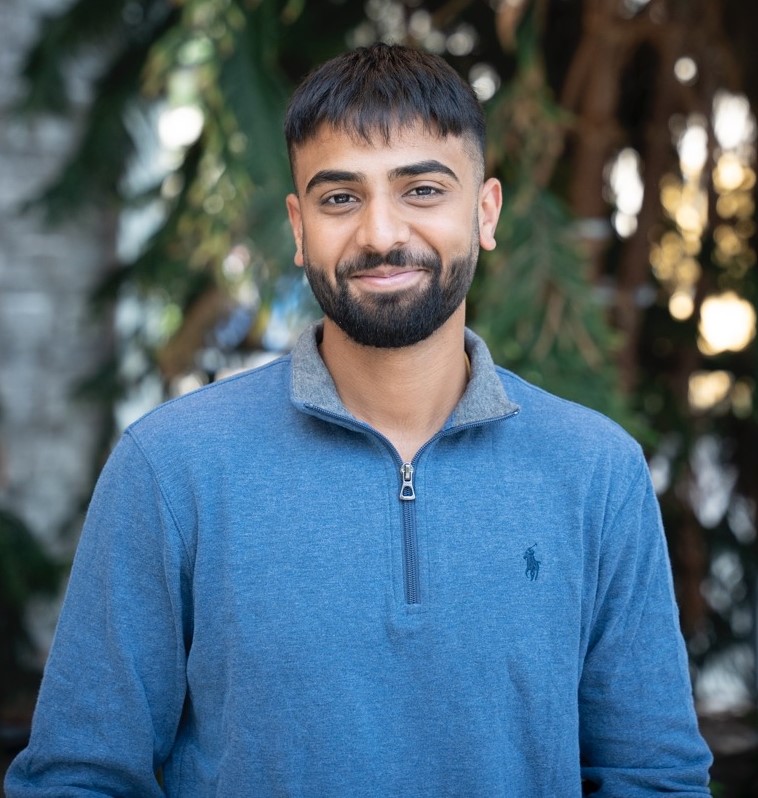Anish Puri – 2023 Studentship Recipient
 Anish Puri –
Anish Puri –
Undergraduate Science Student, McMaster University
Supervisor: Dr. Sheila Singh
Project: “uPAR as an immunotherapeutic target in recurrent Glioblastoma”
Generously funded by Taite Boomer Foundation
“Being awarded a Brain Tumour Research Studentship grants me the opportunity to contribute to impactful patient-centred science at the Singh Laboratory. During my time here, I will explore the field of cancer biology in the context of brain tumours, specifically Glioblastoma (GBM). This award will enable me to pursue and refine my passion for advancing translational research, turning basic research findings into novel therapies and treatment strategies. GBM is a highly aggressive form of brain cancer that poses a significant challenge in the development of effective treatments, and I am eager to be part of the effort to find novel and more efficacious solutions to the current standard of care. This studentship helps enable my journey to become a clinician-scientist, utilizing the frameworks and pipelines that make translational research possible. Getting such an experience at an early stage in my education will provide the foundations that are needed to innovate within the field by utilizing the expertise of the scientists I am surrounded by. Being awarded the Brain Tumour Research Studentship is a privilege, made possible by the donors to the Brain Tumour Foundation of Canada. I am so grateful to be chosen to help in the fight to improve patient outcomes and combat this detrimental disease”.
Final Report
Recurrent glioblastoma (rGBM) remains a daunting disease that is difficult to treat, and thus novel treatments are essential to provide improved treatment options for patients. Since last summer, we have further demonstrated the efficacy of uPAR as a potential immunotherapeutic target in rGBM. First, we showed that when CRISPR/Cas9 is used to knockout uPAR in recurrent GBM cells injected into a patient-derived xenograft model, knockout of uPAR improves the survival of mice in vivo. Next, we showed that our novel anti-uPAR chimeric antigen receptor (CAR) T cell effectively kills rGBM cells in vitro, reduces tumour burden in vivo, and improves the survival of mice. Future directions for this project include exploring the importance of uPAR to the tumour immune microenvironment of rGBM.
My time in the Singh laboratory has not only taught me many wet laboratory and data analysis techniques but also helped me hone many invaluable skills such as collaboration, communication and professionalism. As I have just started my first year of medical school at the University of British Columbia, I will continue to hone these skills as they shape my next chapter! I will continue to contribute to innovative translational research aiming to treat brain tumours and I hope to begin contributing to clinical research about neurosurgical techniques and interventions that can be used to improve patient outcomes. I would like to once again thank the Brain Tumour Foundation of Canada and the Taite Boomer Foundation for granting me this opportunity to contribute to brain cancer research and bring hope to the GBM community.